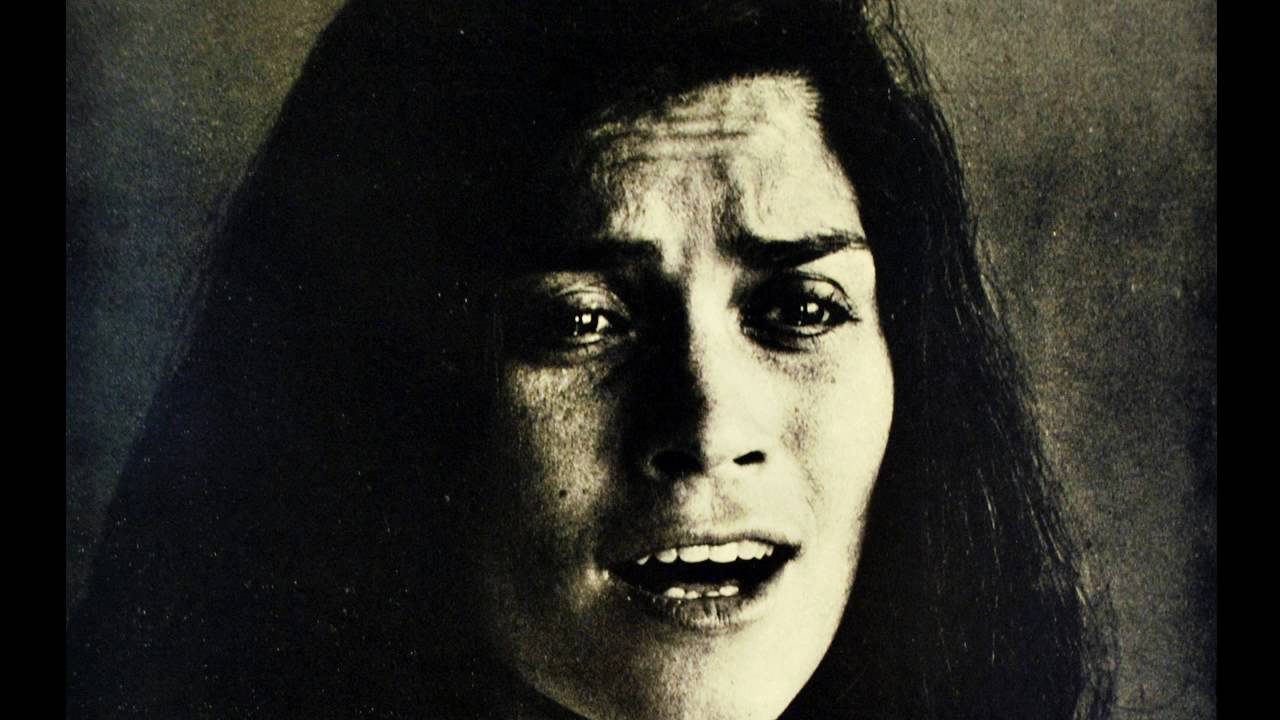
A Voice Born to Sing
Soledad Bravo holds a place in Latin American music akin to Joan Baez (1) in the Anglo-Saxon world. Her crystal-clear, diamond-like voice, coupled with an exceptional tonal range, makes her one of the most captivating singers of her era. More than just a talented vocalist, Bravo was born to sing. Though she was born in Spain in 1943, she was raised in Caracas, Venezuela, where she learned to play the Guitar—a skill that shaped her distinctive performance style. By the late 1960s, she emerged as a soloist, singing songs about Che Guevara and social injustices, embedding herself in the fabric of the Nueva Canción movement (2), which championed the voices of the oppressed.
A Journey Through Cultures and Eras
In the 1970s, Bravo returned to Spain, where she recorded songs from the Spanish Civil War (3), preserving historical narratives through her voice. She also explored Sephardic Jewish music (4), reviving melodies that carried the weight of exile and history. Beyond protest songs, she delved into the romantic rhythms of Bolero (5), Salsa (6), and other Latin American dance styles, showcasing her versatility. Her voice, filled with deep emotions, remains as enchanting as her presence—lips flushed, dark hair cascading, and eyes closed as she sings, Guitar in hand.
A Voice for the Sephardic Legacy
One of the most remarkable examples of her work is the song "Por la tu puerto yo pasí", which transports listeners into the heart of contemporary Sephardic life in Israel while simultaneously connecting them to another country of immigrants: Venezuela. Immigrants from all over the world built their new homes there, and the Sephardim found a voice for their heritage in a Spanish-born singer who had spent her life in Caracas. The lyrics of the song evoke a deep sense of longing and devotion: "Por la tu puerta yo pasí, yo la topí cerrada. La llavedura yo bezí, como bezar tu cara." Which translates to: "By your door I passed, I found it closed. I kissed the keyhole, as to kiss your face." Bravo’s ability to weave different cultural threads into her music speaks to her extraordinary gift, a voice that transcends borders and eras, carrying with it the weight of history and the beauty of longing.
Footnotes
(1) Joan Baez: A folk music icon
and activist known for her powerful voice and commitment to social
justice.
go back
(2) Nueva Canción movement: A Latin
American social and political music movement that emerged in the
1960s, blending folk music with messages of protest.
go back
(3) Spanish Civil War: A conflict
from 1936 to 1939 that significantly influenced political and artistic
expression, and was a focal point of many songs of protest.
go back
(4) Sephardic Jewish music: The
musical traditions of Sephardic Jews, descendants of those expelled
from Spain, that reflect a blend of Spanish, North African, and Middle
Eastern influences.
go back
(5) Bolero: A genre of slow-tempo
Latin music and dance originating in Cuba, known for its romantic
melodies and lyrics.
go back
(6) Salsa: A vibrant and rhythmic
music genre originating in the Caribbean, particularly Cuba and Puerto
Rico, that incorporates elements of various Latin musical styles.
go back